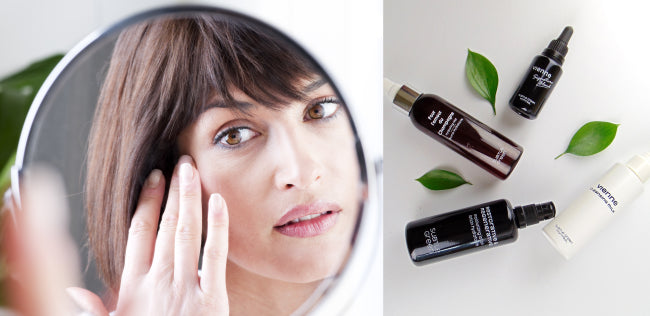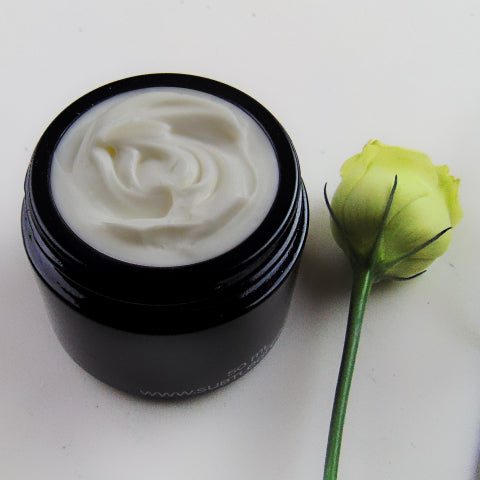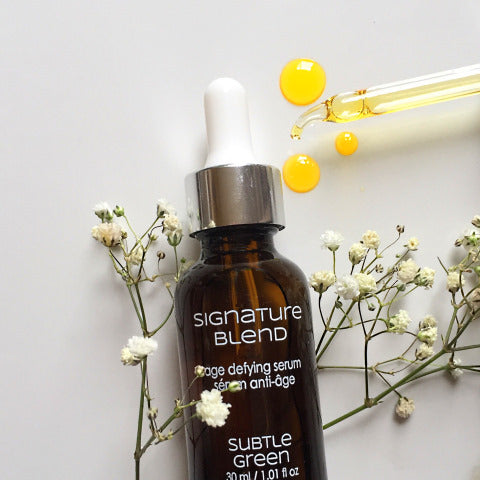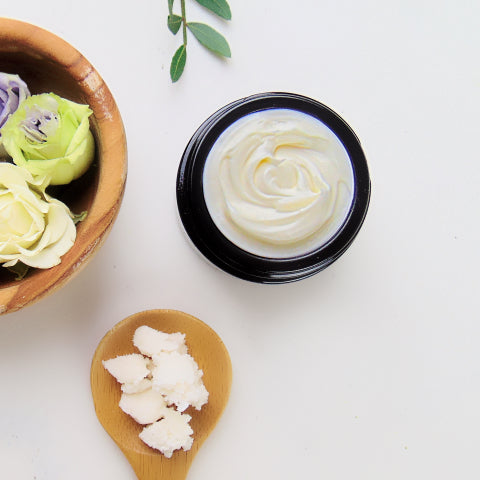
There are two (2) types of aging – extrinsic and intrinsic. Extrinsic aging (also referred to as Photoaging) refers to environmental factors that cause skin to age, primarily UV. Intrinsic is everything related to how skin ages on a cellular level with time. Genes play a huge role in how your cells age also.
Multiple studies conducted by Harvard Medical school in genomics and skin, indicate that further to genetic predispositions, changes occur in skin with every decade. The study also concludes that skincare needs to change with each decade. So what happens each decade and what can you do to help your skin minimize the effects to have healthy skin at any age?
- In your 20s, skin’s antioxidant levels drop a little leading to skin inflammation and lowered ability to fight environmental stress. However, your skin is exfoliating and turning over skin cells regularly. Using moisturizers with anti-oxidants is probably all you need, like a light hydrating antioxidant oil or lotion with ingredients like Squalane, vitamin A, B or E
-

-

-

- In your 60s and up, cellular bioenergy is dissipating quickly and your skin barrier function seems to reduce at a much higher rate. Serums with vitamin C and E as well as Retinol (botanical or mild) products bring you big benefits. Hyaluronic Acid is again a must have with Effective Fatty Acids (EFA) like Omega 3 and 6 found in many fruit and nut oils (like Almond, Avocado, Raspberry, Strawberry etc) further enhance your skincare to condition skin, smooth lines and restore skin’s lipid barrier. A healthy diet, exercise, sleep and stress reducing activities are a must.
Ultimately, skin health isn’t about eliminating wrinkles but doing what you can when you can to help your skin stay its healthiest. Lack of wrinkles doesn’t necessarily mean great skin health. A good, healthy colour, minimal spots and a smooth complexion are also indicators of great skin health. Being informed, and learning about what you can do for your skin at any age is more important than trying out various skincare products from the overload of ads and marketing out there.








Leave a comment